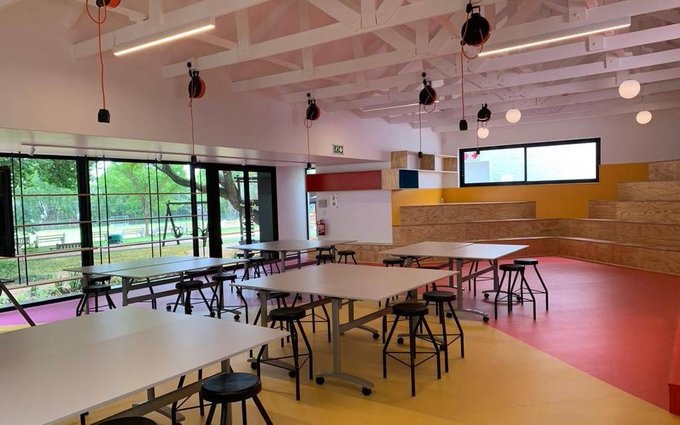Inside Education Reporter
THE Basic Education Laws Amendment (BELA) Bill was passed in the National Assembly, Parliament, on 16 May 2024, with 223 votes in favour and 78 votes against. This is a major achievement for the 6th Administration and for the transformation of the South African Basic Education Sector after almost a decade of deliberation.
The next step is for the President to sign it into law. The BELA Bill amends specific sections of the South African Schools Act (SASA) of 1986 and the Employment of Educators Act (EEA) of 1998 to respond to administrative challenges facing schools and continue the education system’s transformation agenda.
The Bill does not include curriculum, infrastructure, teachers, human resources or inclusive education.
In 1994, the new democratic government inherited a grossly unequal education system based on the Bantu Education Act of 1953. It faced the mammoth task of dismantling the 19 separate education departments to create a single unified education system.
The government had to implement new legal and regulatory policy frameworks, including establishing organisations and institutions that created the conditions for effective transformation from the old to the new. Today, our educational system is fairer and more balanced. It has resulted in a steady decline in the percentage of adults who have not received an education.
As South Africa celebrates 30 Years of Freedom and Democracy at the close of the 6th Administration of Government and has five years remaining to reach the 2030 targets set by the National Development Plan (NDP), the Basic Education Sector looks back at a few of the strides made.
The government has continued to pursue pro-poor policies to tackle the multifaceted factors impeding access to basic education systematically. These policies encompass the establishment of non-fee-paying schools, the National School Nutrition Programme (NSNP), free textbooks, and scholar transport.
The new democratic policies sought improvements in education, including increasing access, enrolments, and school completion, enhancing educational policies, and ensuring equal educational opportunities for all, especially previously disadvantaged groups.
To respond to an ever-changing economy and to better prepare learners for the future, the country has introduced a curriculum that equips learners with Skills and Competencies for a Changing World.
The new curriculum offerings include inter alia Coding and Robotics, 11 new Technical Subjects and new Technical Subject Specialisations. The Entrepreneurship Framework is also being implemented in many schools to prepare young people for entrepreneurship, employment, and employability. One of the major achievements of the 6th Administration was the transfer of Early Childhood Development (ECD) coordination from the Department of Social Development to Basic Education.
The DBE is now making every effort to increase participation through, for instance, a mass registration drive for ECD programmes. Quality improvement initiatives are being introduced, including a new ECD Infrastructure Strategy, curriculum support materials, and new forms of practitioner training and support.
School attendance is essential in growing and equipping individuals to contribute to the development of our communities and nation. There are More High-Level National School Certificate (NSC) outcomes than ever before, especially among female learners.
INSIDE EDUCATION







